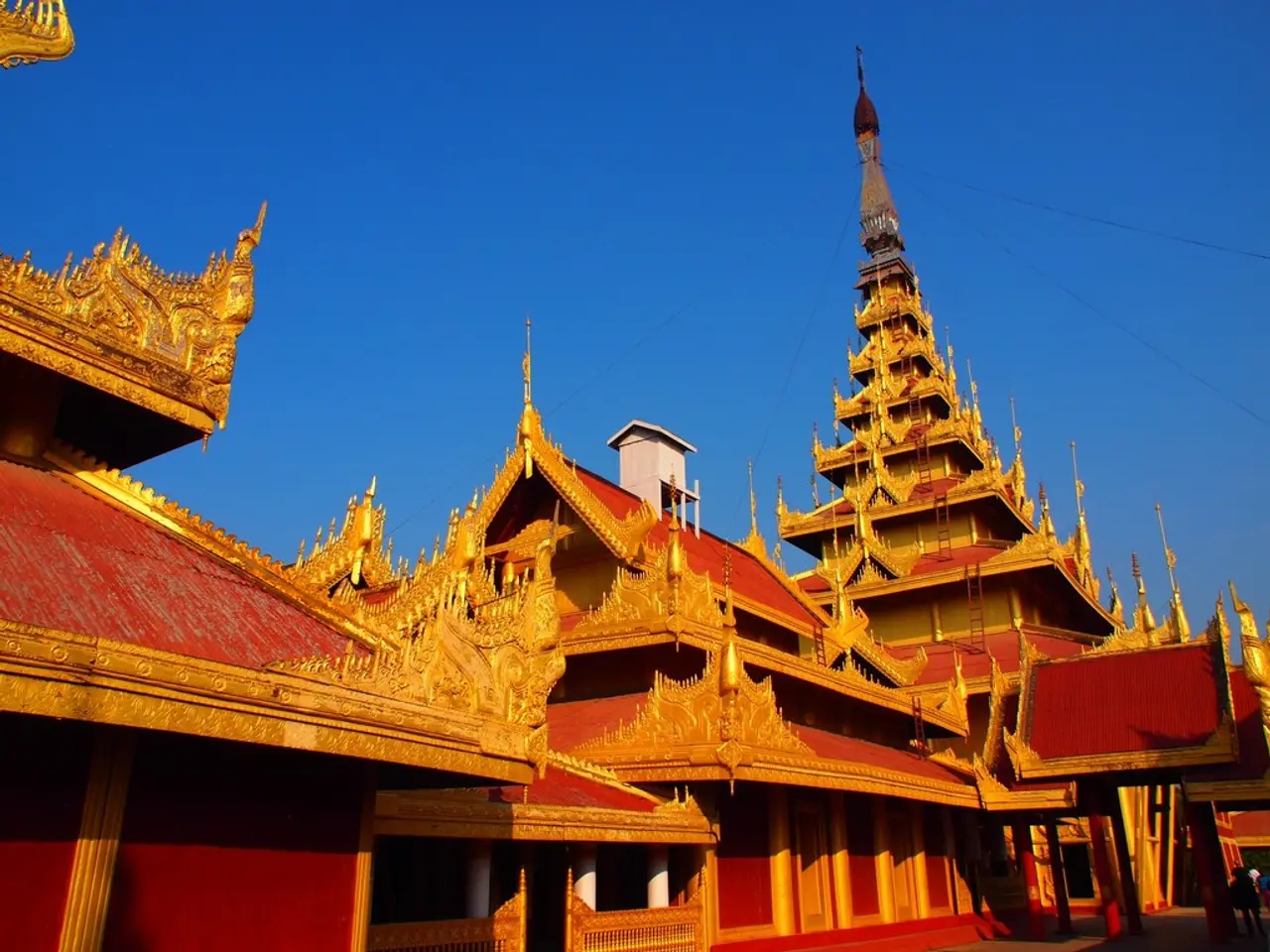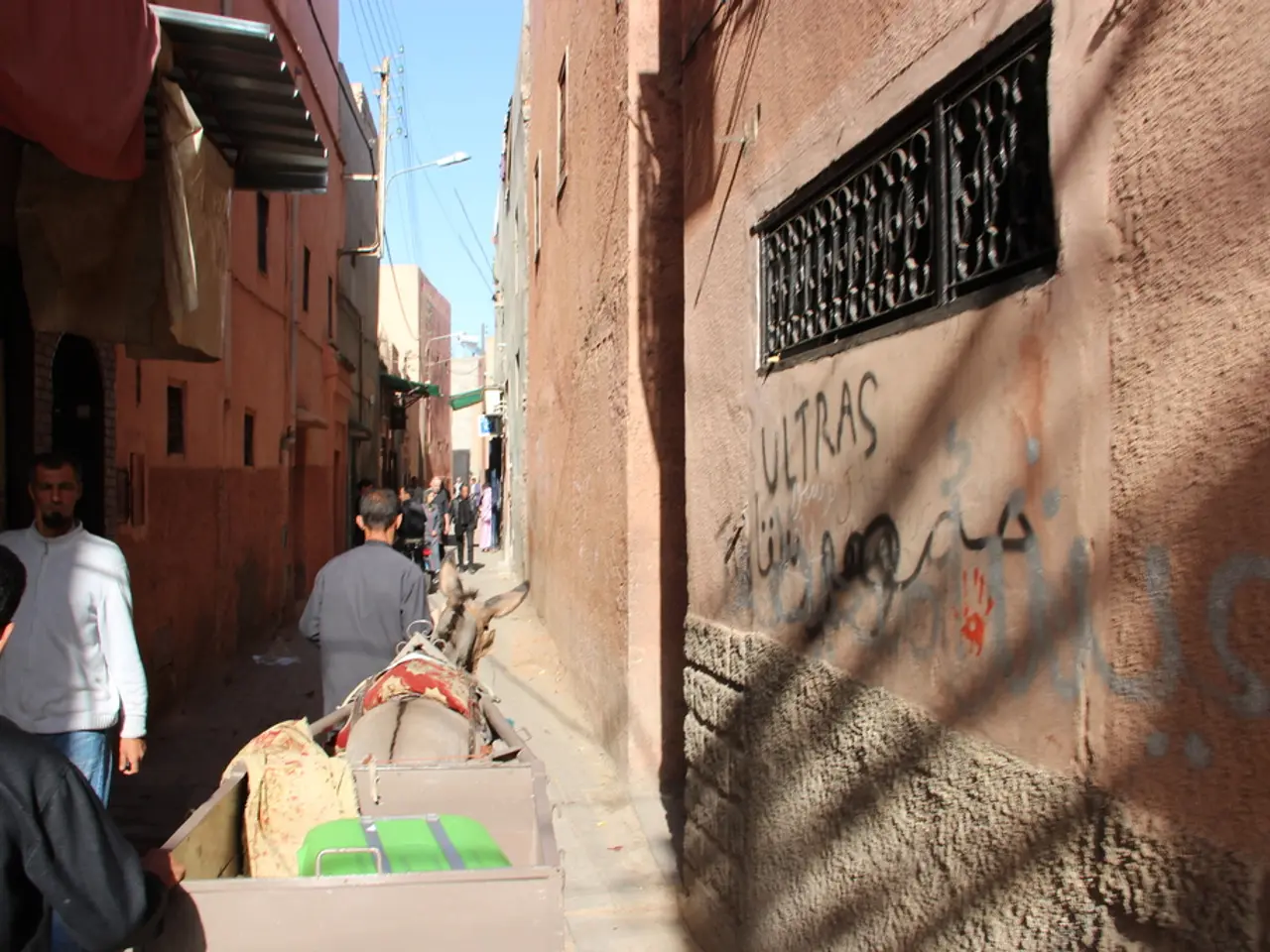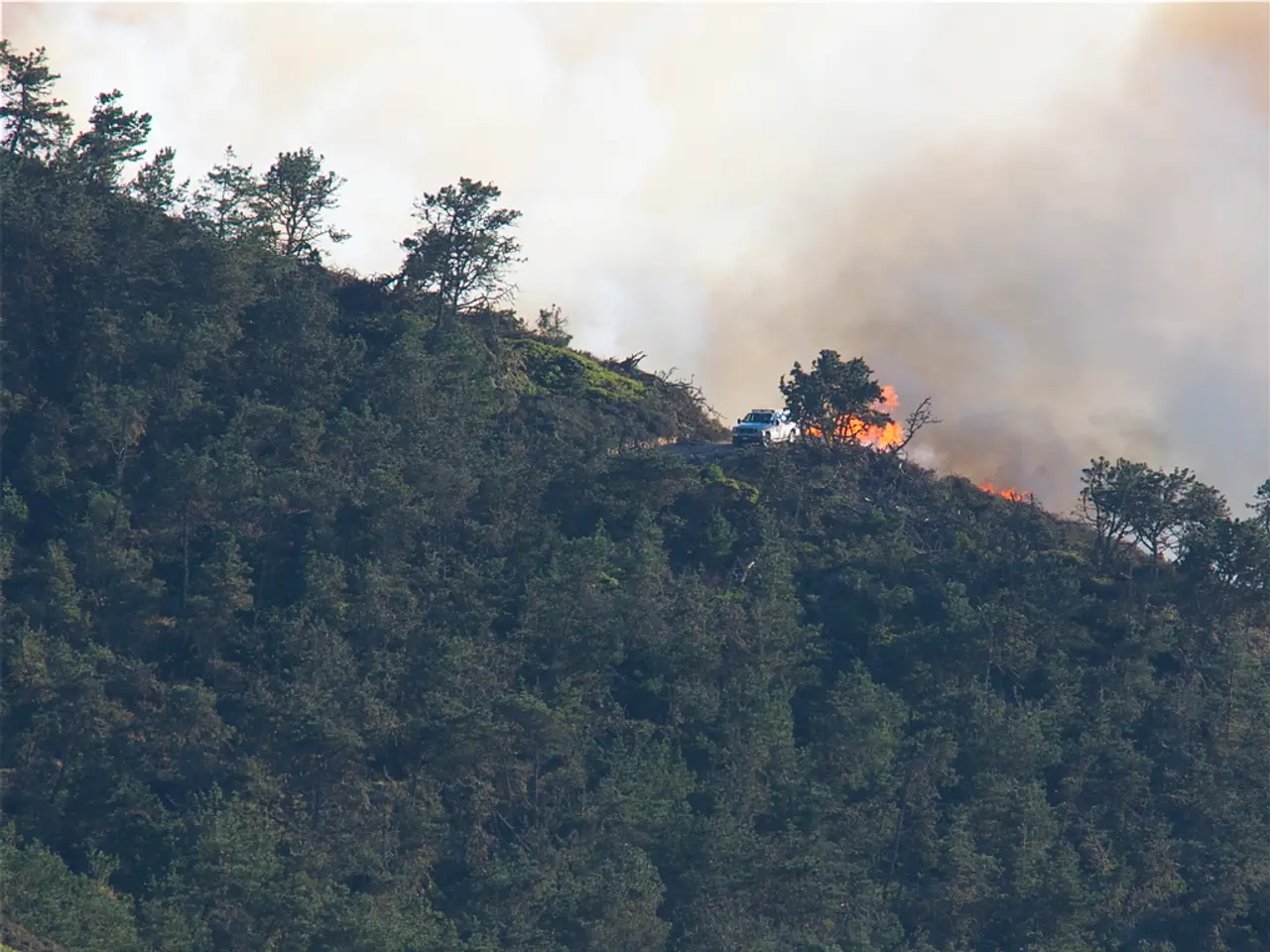Bangladesh Experiences Significant Islamist Shift One Year After Jayanta Roy Chowdhury's Uprising
In the aftermath of the student-led uprising in mid-2024, which ousted long-time Prime Minister Sheikh Hasina after 15 years in power, Bangladesh finds itself in a precarious political landscape. The transitional government, led by Nobel laureate Muhammad Yunus, has pledged democratic restoration and reforms, but the country faces growing political polarization, law-and-order challenges, and increasing religious tensions.
The resurgence of Islamic forces is evident with the return of Jamaat-e-Islami, Bangladesh’s largest Islamist party, to active politics. This party, known for its fundamentalist leanings, has been accused of using violence and intimidation to assert itself in the political and social landscape of Bangladesh. The chaotic environment following the upheaval has created fertile ground for fundamentalist and Islamist elements to gain influence, though the interim government does not claim direct responsibility for this rise.
Minority villages, including those of Hindus, Christians, and tribal Buddhists, have been attacked and burned down. Rallies demanding the imposition of the Sharia, stricter blasphemy laws, and censorship of "un-Islamic" culture have grown in frequency and scale. Thousands of leaders and workers of the Awami League, Leftist parties, and unions, and minority community leaders have been arrested.
The Jamaat-e-Islami party, along with its allies, is suspected of using the extra time to infiltrate and take over the apparatus of the State. The party and its affiliates have been pressuring the reform commission to enshrine "absolute trust and faith in Almighty Allah" into the national charter. Sweeping constitutional revisions are under review, with the most contentious proposal replacing "secularism" as a foundational value with a framework rooted in Islamic principles.
The student revolt in 2024 led to Prime Minister Sheikh Hasina fleeing to India. Nasimul Gani, with a well-known Islamist past, has been appointed as home secretary, reinforcing concerns that the security establishment is shifting decisively toward religious conservatism. Women in modern attire or who smoke in public have faced public shaming. Burning down factories owned by Ahmadis and other Islamic sects not favored by mainstream orthodox Islam have surged in recent months.
Islamist groups have gained ground within universities and youth organizations, filling the leadership vacuum left by the disorganized liberal forces. Sufi shrines and festivals have come under fire from Islamist groups. The media landscape is changing, with independent voices being silenced or co-opted, and several outlets reporting covert pressure to avoid "anti-Islamic" reporting.
Despite the democratic reform efforts, the fragile political situation—with recurring violence, fragmented parties, and accusations of state institutions being used for political ends—suggests a decline or at least serious challenges to the democratic process since the upheaval. The interim government aims to hold credible elections expected in early 2026 and is working towards political consensus and accountability measures, but actual democratic reforms remain limited at this stage.
War-and-conflicts continue to escalate in Bangladesh, with Islamist groups increasing their influence and power. Politics, once dominated by the secular Awami League, is being taken over by fundamentalist and Islamist elements, such as Jamaat-e-Islami, who are implementing policies that conflict with general news of religious tolerance and democratic principles.








